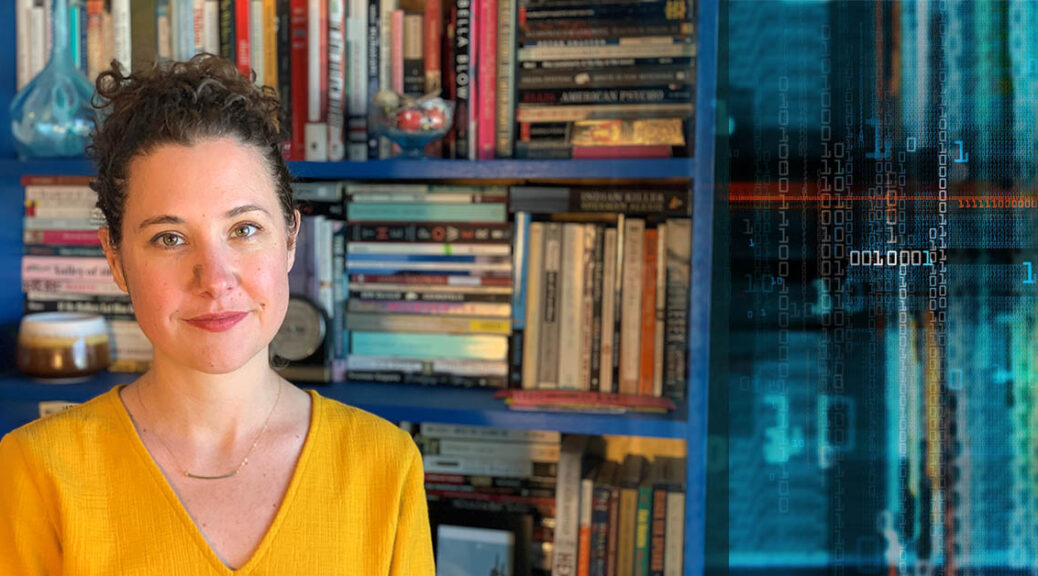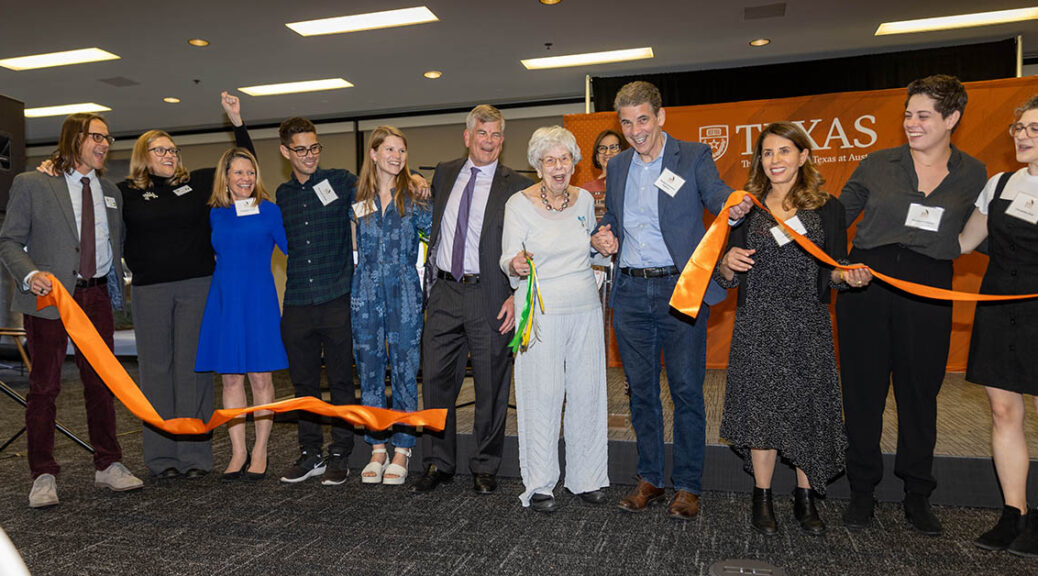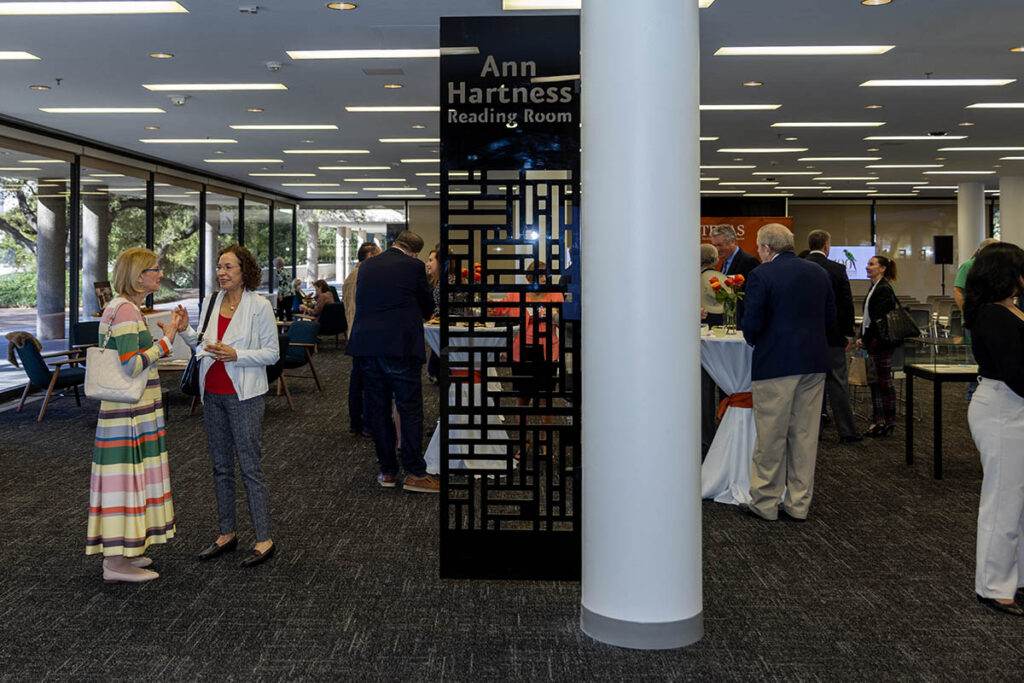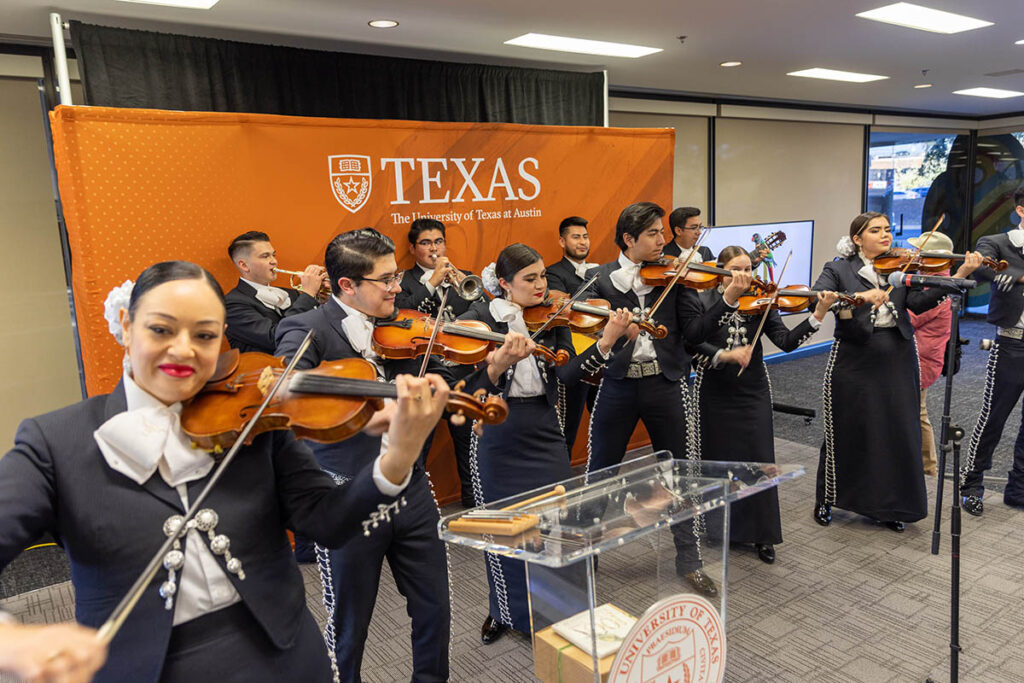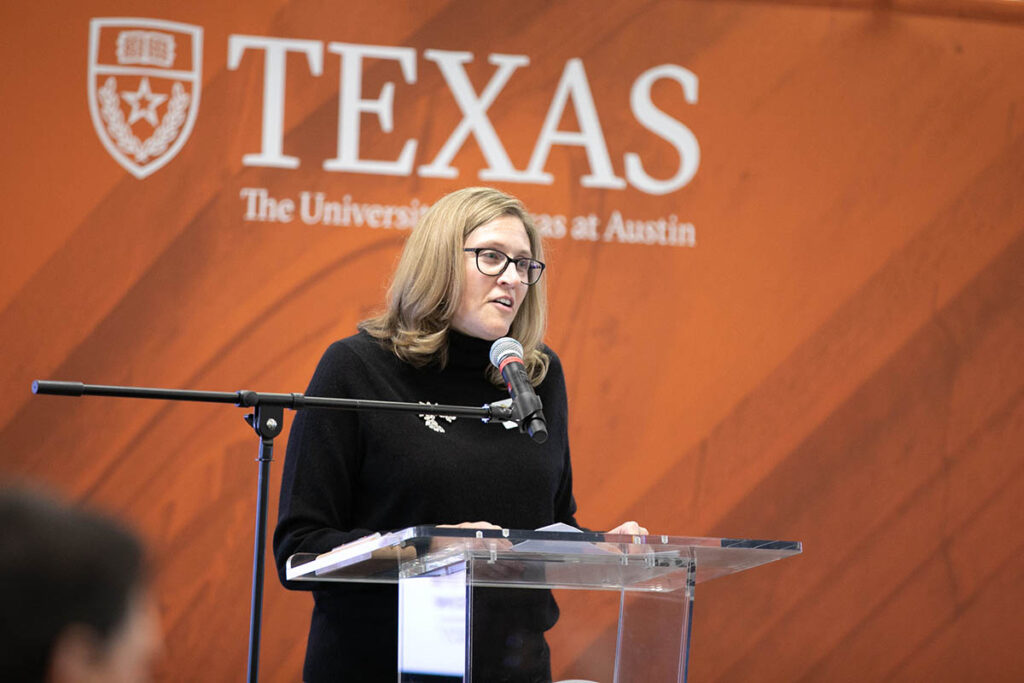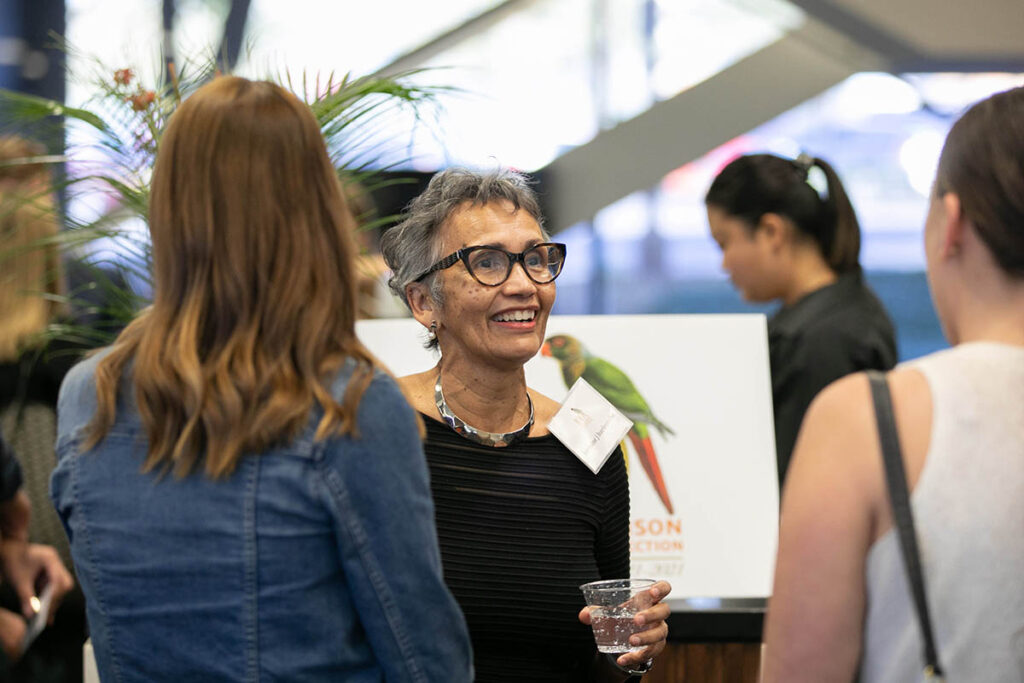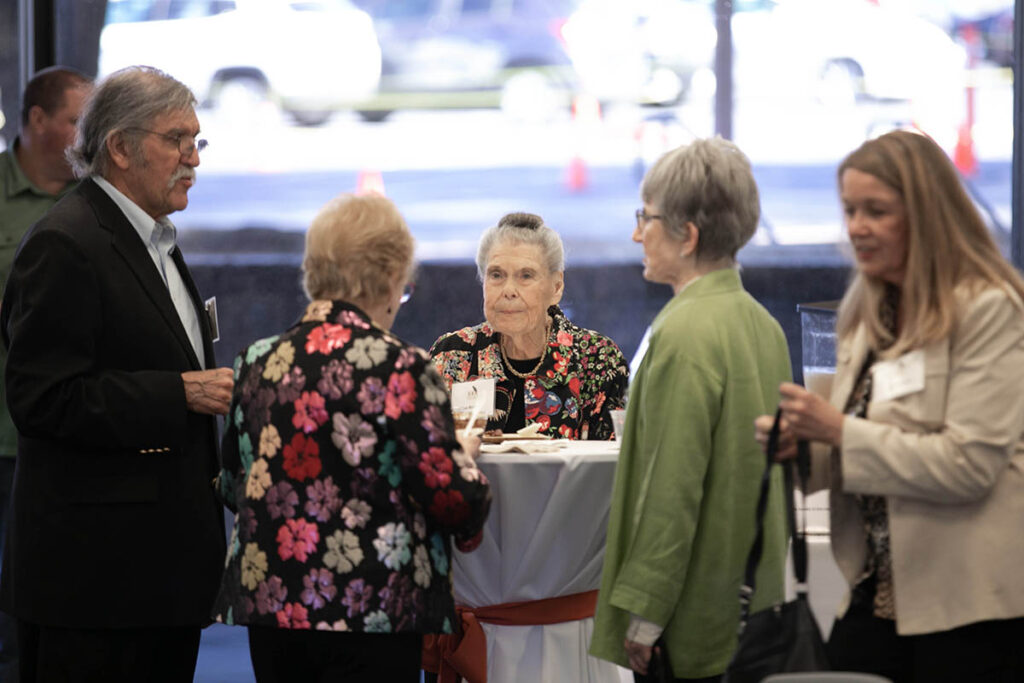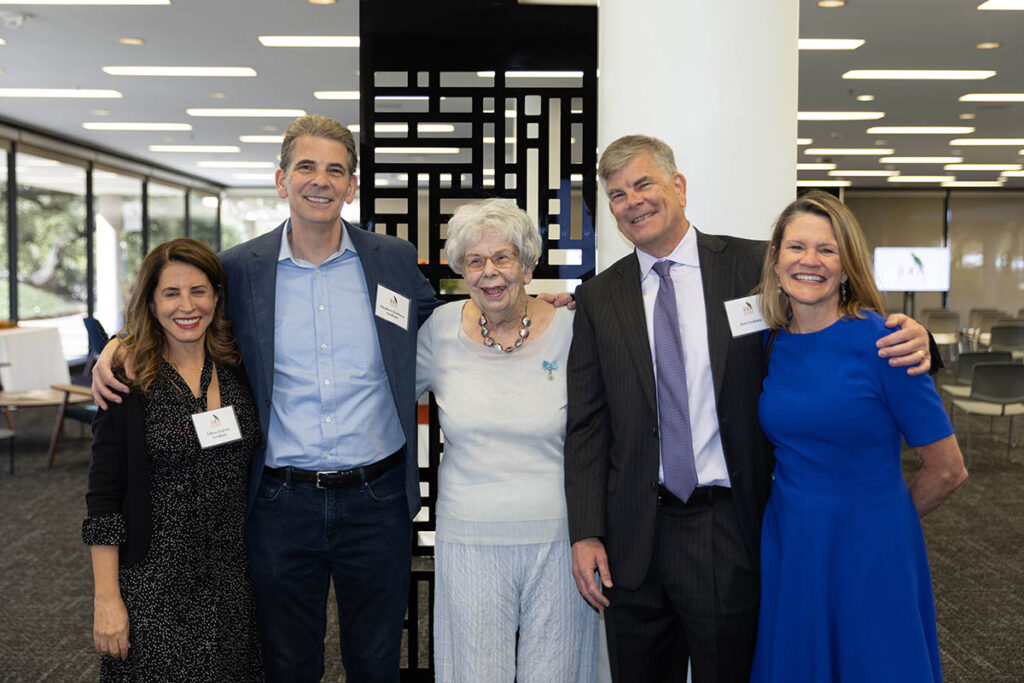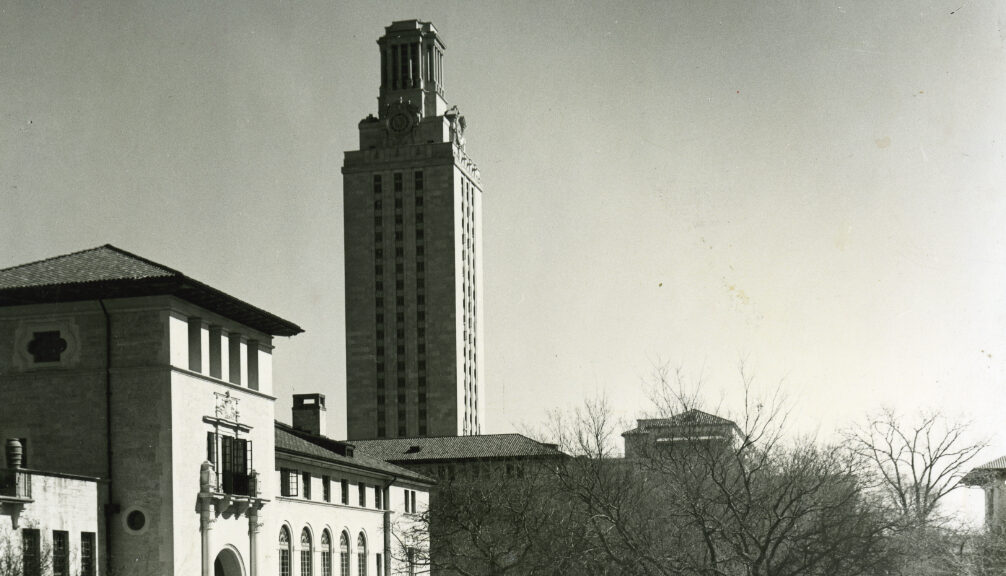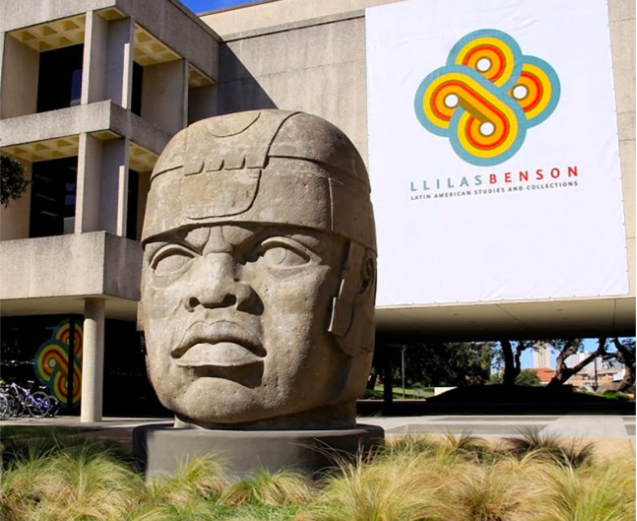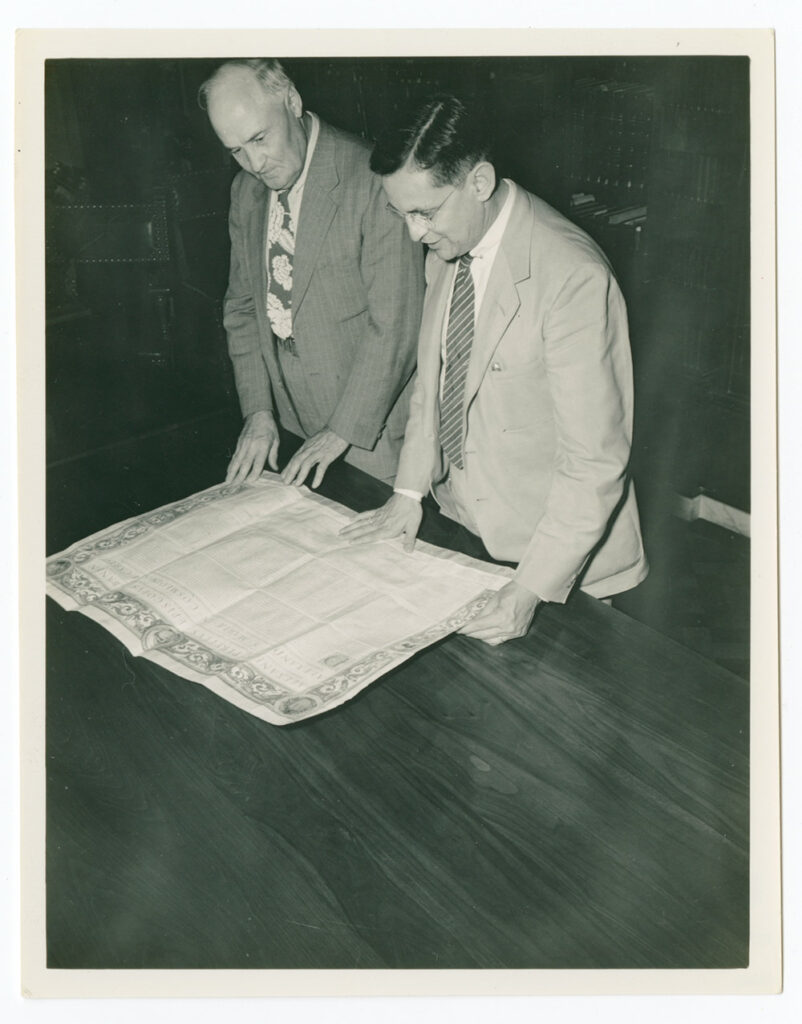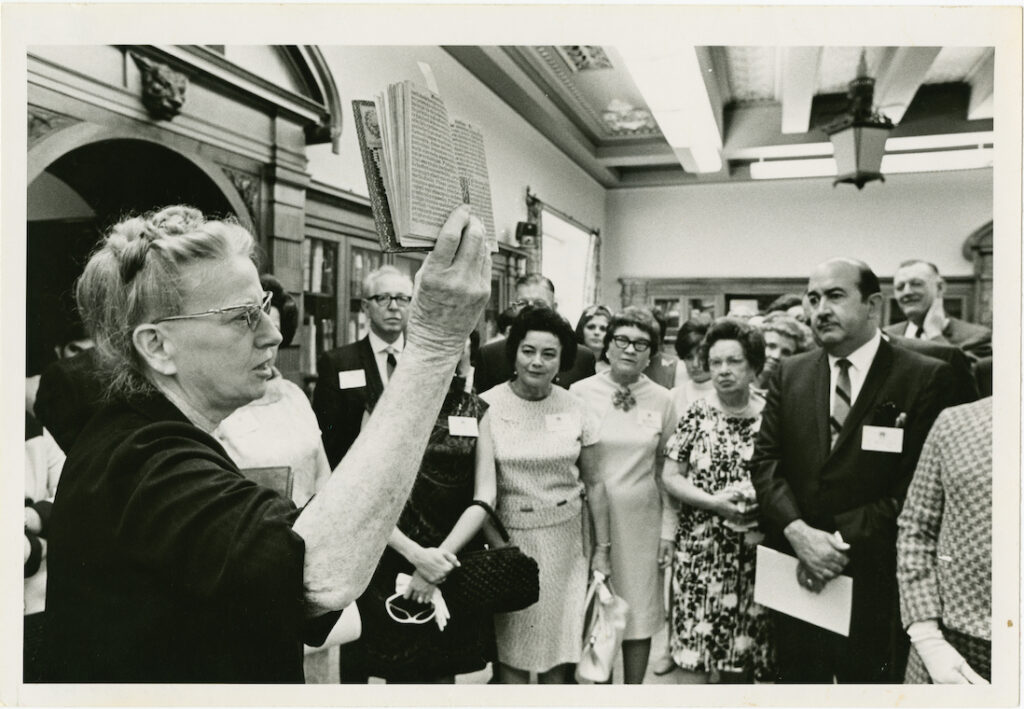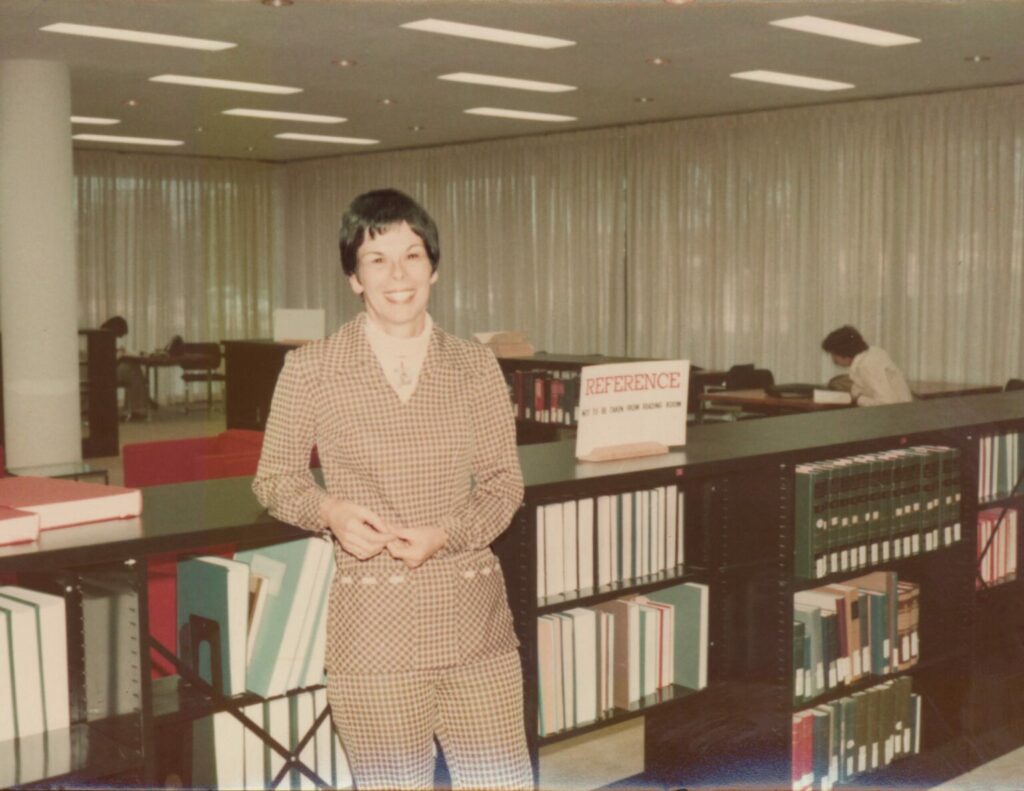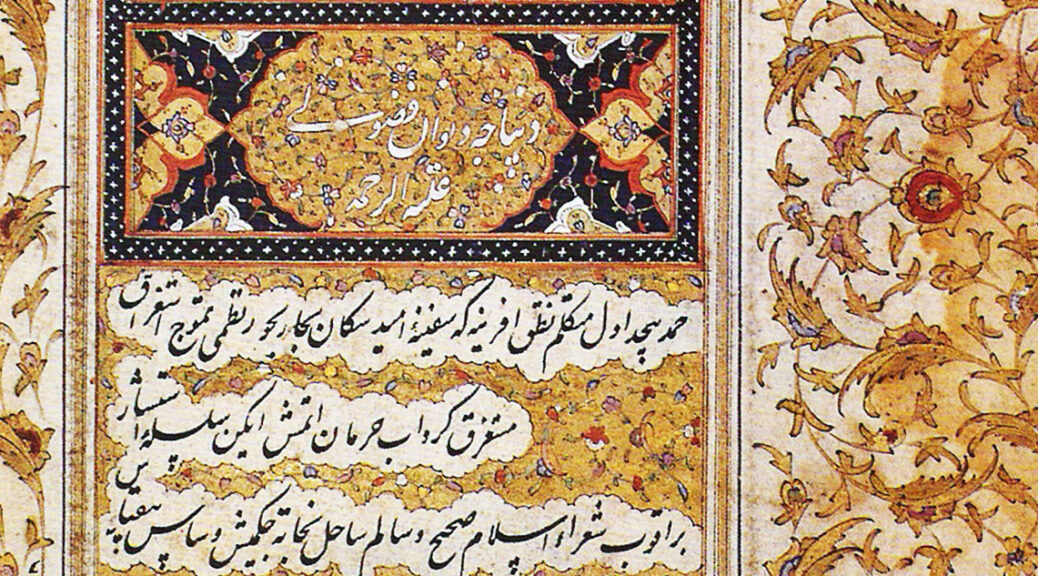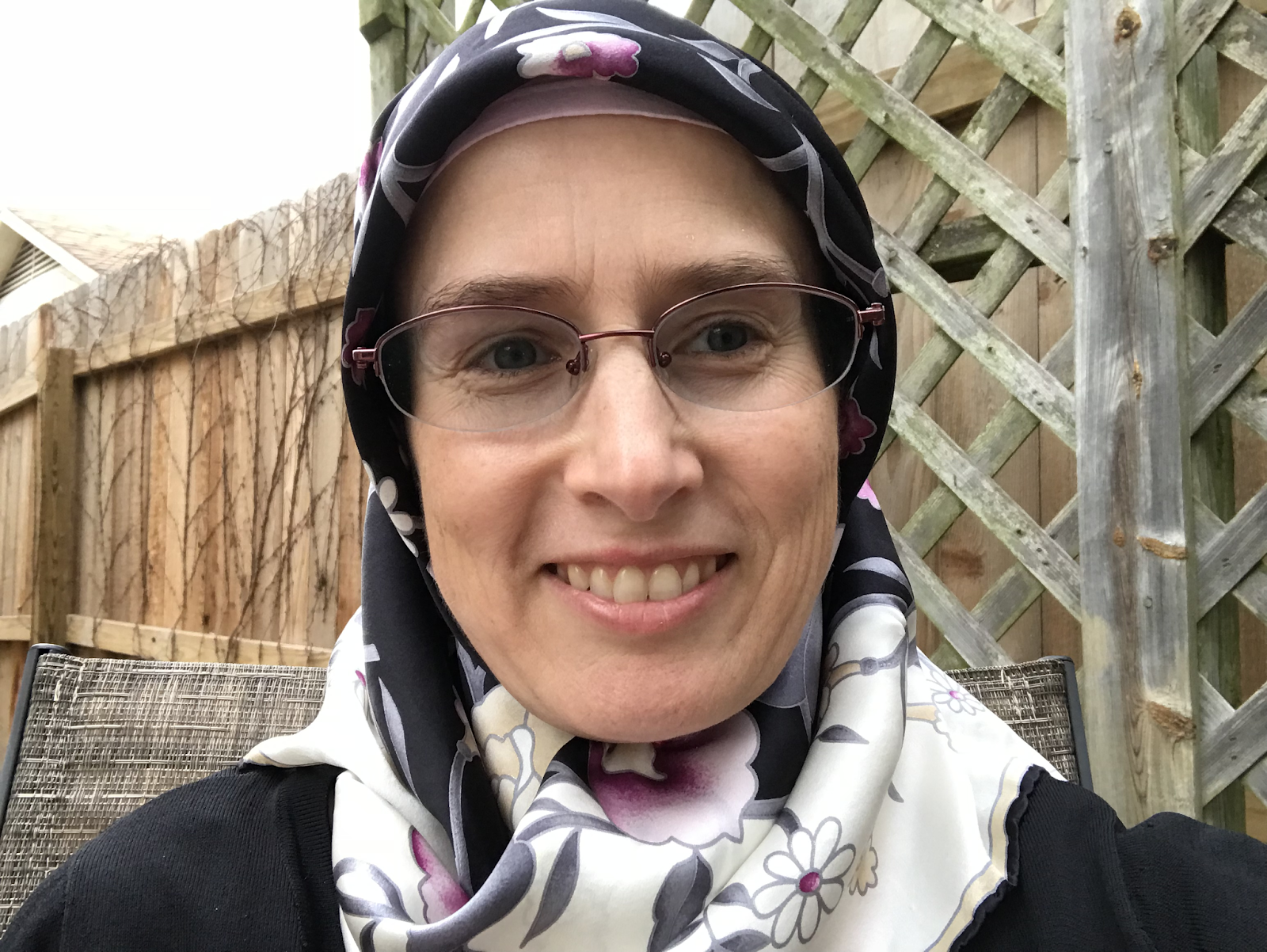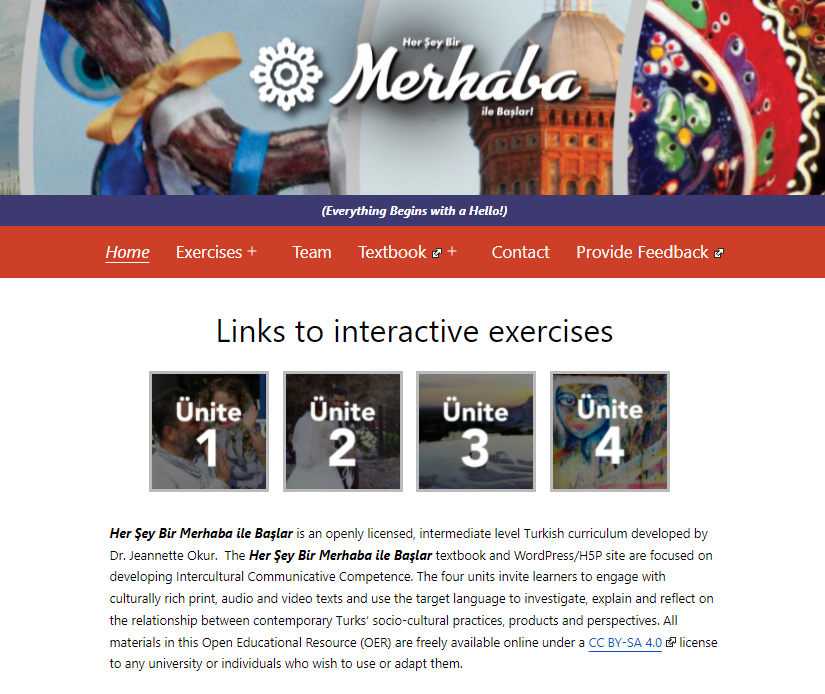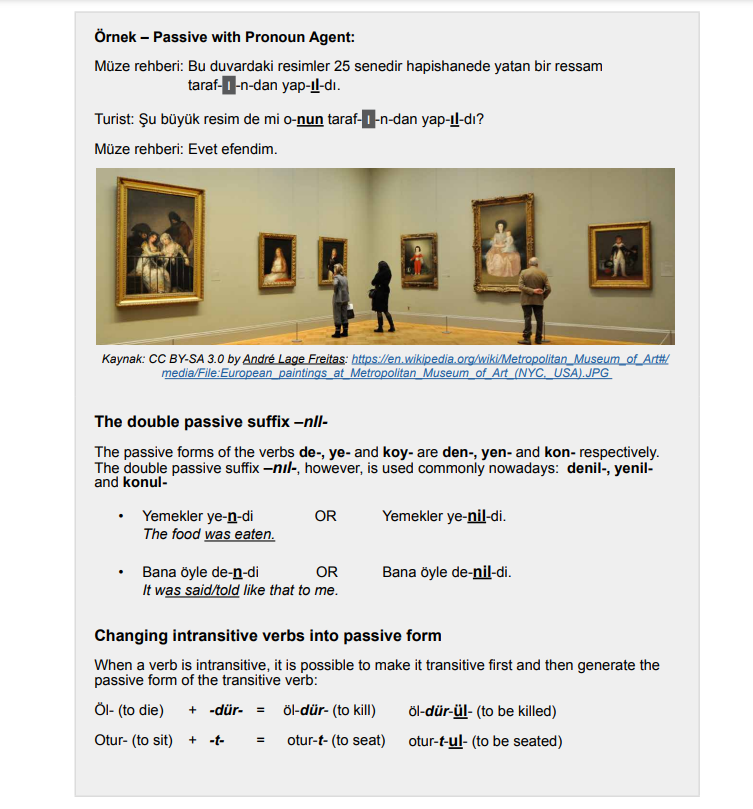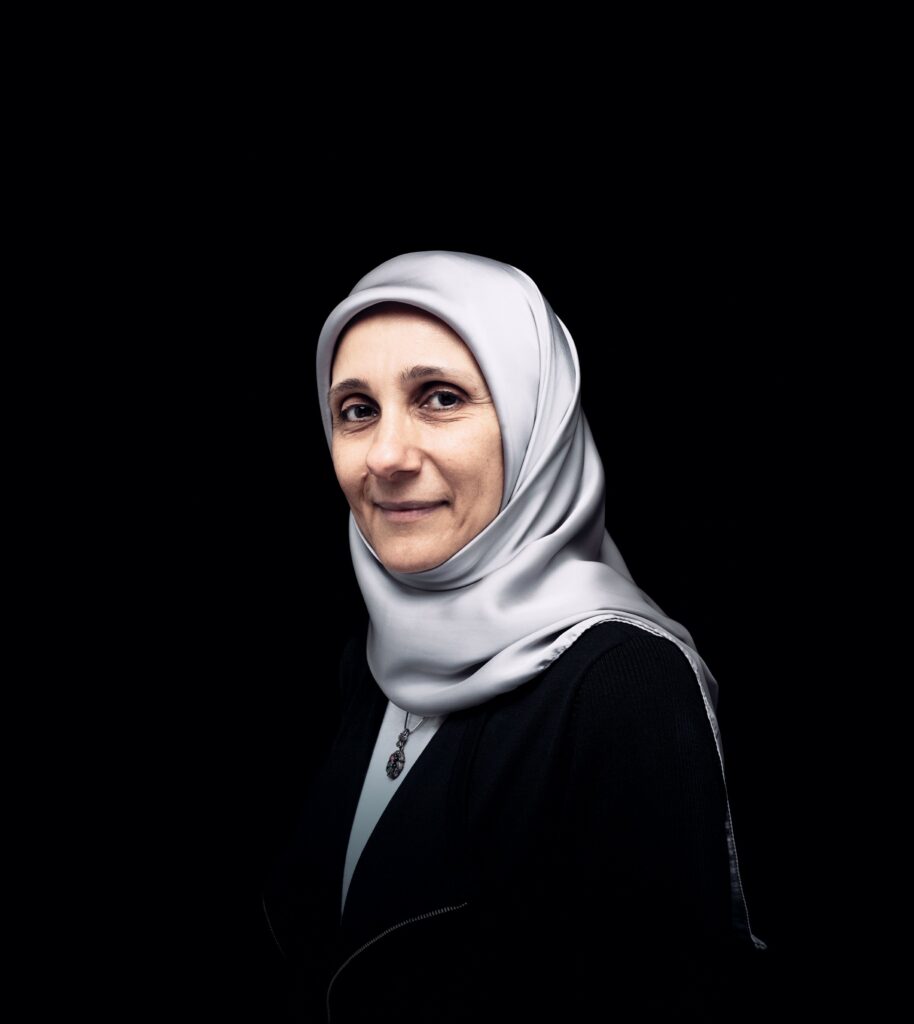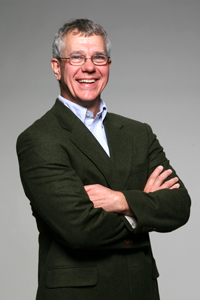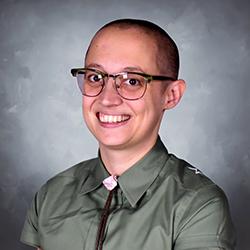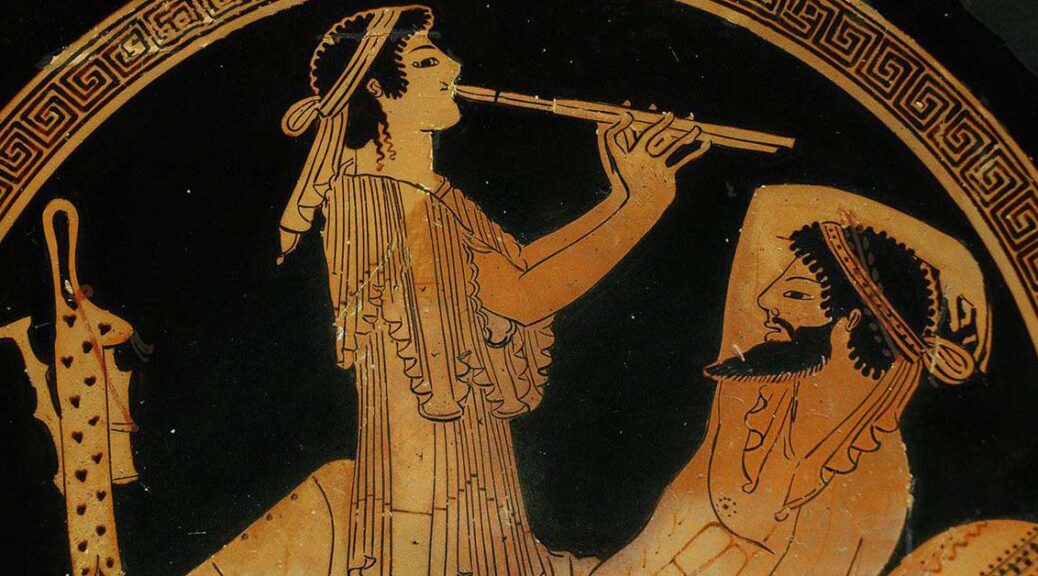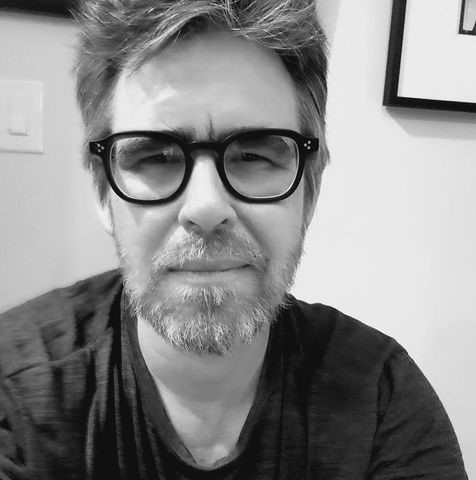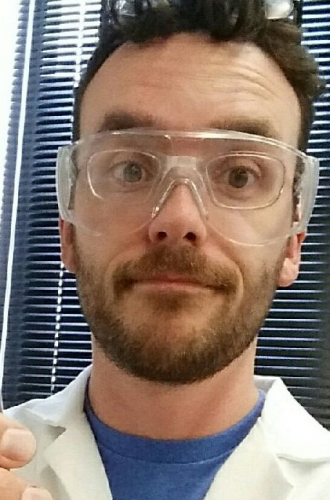With the arrival of Vice Provost and Director Lorraine Haricombe, the Libraries leaned into Open Access as a strategy for equitable access to resources and as a budgetary countermeasure in a the face of skyrocketing publishing costs. A facet of the work that has gotten extra attention is Open Educational Resources – OERs – defined by the Scholarly Publishing and Academic Resources Coalition as “teaching, learning and research resources released under an open license that permits their free use and repurposing by others. OERs can be textbooks, full courses, lesson plans, videos, tests, software, or any other tool, material, or technique that supports access to knowledge.”
In the fall of 2019, the Tocker Foundation provided $355,000 for a collaborative project between the UT Libraries, the Austin Public Library (APL) and Austin Community College (ACC) to promote the adoption, development and distribution of OERs. Funding from the gift subsidized the hiring of a dedicated librarian to develop and execute a plan for broad adoption of OERs at UT, as well as for the award of open education grants, education and training on OERs and joint promotion of open education with partner institutions APL and ACC.
In fall 2020, the Libraries hired Ashley Morrison – a former UT iSchool alum and GRA who had landed a permanent position at the North Carolina State University Library, but whose interest in open education called her back to Austin – to become the first Tocker Open Education Librarian at the university.
A little over a year after pioneering the position at UT, Ashley talks with us about her love of open access and OERs, the foundation she’s building and perceptions of the enterprise so far.
Tex Libris: How did you become interested in Open Access and OERs?
Ashley Morrison: I first learned about open access and open education as movements in graduate school, but conceptually, democratized access to and production of knowledge is something that always spoke to me (and was a big part of why I wanted to become a librarian!). As a first-generation college student who was responsible for most of the cost of my education, it’s easy to understand the power and potential of OER to transform course material access and have a positive impact on the financial well-being of students. While textbooks and course materials are just one factor contributing to the rising expense of higher education, it is a tangible and addressable obstacle through the availability and adoption of OER and other OA materials.
TL: What is your assessment of the OER landscape at UT? In what ways can OERs benefit students/faculty/researchers at the university?
AM: There is a small but growing community of UT instructors, staff, and students who already use and advocate for the adoption of OER, and they are my partners in driving awareness of OER on campus. Through my personal interactions and through more scaled survey-based outreach, we know that faculty at UT are largely receptive and willing to consider OER as required course materials. We also know that they often need more support to make such a big change to their curriculum, and I love being able to offer some of that support as they search for, evaluate, and adapt OER for use in their classrooms.
The most obvious benefit of OER for students, and what gets most people interested in OER, is the eliminated or significantly reduced financial barrier to access course materials. Most OER is available at no cost, and printed materials are generally available at the cost to produce them. But what I’ve heard others say and I definitely observe to be true is that with OER, you come for the free access, but you stay for the pedagogy. The open licenses conferred to OER by their creators allow anyone who uses them to make copies and customize the resources freely. That means they can be translated into new languages, modified to better reflect the student body of a particular institution or classroom, updated with new research or case studies, and more. It also enables faculty to engage students as editors and creators in the production of OER. Students can contribute to open textbooks, create open websites, and more. Students are not just knowledge consumers but knowledge creators, and that’s a really transformative concept for many of them.
TL: What projects have you undertaken since you took on the job?
AM: This year has been a busy one! There are a few projects that have been especially fulfilling, including a partnership between UT Libraries and students in Natural Sciences Council and the Senate of College Councils that produced our first faculty recognition program, the Affordable Education Champions. Through this campaign, we invite the student body to nominate faculty whose choices to assign free or low-cost materials have had a real impact on them.
I also really enjoyed working with colleagues from the OER Working Group to launch our first OER-focused instructor learning community, with grant funding from the Faculty Innovation Center providing small stipends to our participants. We spent six weeks with the ten selected instructors discussing OER and other affordable course materials as tools to foster inclusion in their classrooms, and we hope to offer more communities like this in the future.
Finally, one I’m very excited about this year is the Open Education Fellows pilot program. This program is designed to offer our small cohort of faculty fellows financial and programmatic support in their effort to adopt or adapt existing OER or develop new resources to fill gaps in the OER landscape.
TL: What sort of reception have you received from potential stakeholders on campus?
AM: It’s been a very encouraging reception! From students to staff to faculty to administration, open education is generally received with curiosity and interest. This isn’t to say that there aren’t some concerns expressed, but most stakeholders I’ve spoken with are open to learning more about the financial and pedagogical benefits of using OER in the classroom.
TL: Do you coordinate with institutions outside of UT? If so, how does that influence your local strategy?
AM: Yes! I’m very lucky that the open education community actively seeks collaboration, which makes a lot of sense given that connection is a principle of open education. I am regularly in touch with a small group of librarians called the OER Ambassadors, which is a program facilitated by Texas Digital Library. More recently, I’ve also helped convened an informal group of practitioners across the UT System, which aligns strategically with the Momentum on OER (MOER) effort sponsored by the System. Each of these groups is really valuable because they give me a chance to connect with colleagues doing similar work, though each of our OER programs may be in different stages of maturity. I learn a lot from hearing what’s worked well for others, what’s been challenging, and how they’re implementing best practices and in some cases mandates from legislation related to OER. These colleagues are incredibly generous, and their insights have directly informed the development of many of our OER programs at UT.
TL: How did the health crisis impact your work? You came on in the middle of the pandemic, at a time when OERs would’ve been really beneficial, but I imagine that you were also limited in opportunities to hit the ground and start building networks.
AM: While the pandemic did inhibit my ability to knock on doors and host physical programming that was central to UT’s OER advocacy efforts in previous years, my experience was that it engendered a great sense of empathy between faculty and students that opened them up to conversations about OER in a way that they may not have been before the pandemic. There is a heightened sense of awareness of the struggles we’re each facing right now, and for many members of our UT community and their families, financial vulnerability has been a really evident challenge. I have seen faculty go to great lengths to mitigate any of the struggles that they can for their students – from being more flexible about assignment deadlines to revising testing procedures to reevaluating course materials that cause financial burdens for some students. While faculty continue to have so many of their own challenges to address during this health crisis, I have seen them prioritize the well-being of their students repeatedly. OER has been one tool for doing this.
TL: What’s the biggest challenge you’ve recognized since you arrived? What’s the biggest opportunity?
AM: One of the biggest challenges I’ve observed is that while so many faculty are interested in using OER, the right OER isn’t there for every class just yet. This especially comes up in my conversations and searches with faculty teaching upper-division courses. It’s not surprising since most of the large-scale, funded OER projects are aimed at introductory level courses, but it’s still disappointing when someone is really excited about adopting OER and just can’t find what they need. In those cases, we explore other free and affordable options, like searching UT Libraries’ vast collections to identify licensed materials that would be free for students to access. These faculty are also often interested in developing their own OER to address these gaps in content, which I see as one of UT’s greatest opportunities to impact not only our students but anyone, anywhere who wants to learn. However, developing OER takes a lot of time that our faculty often don’t have, and the work is not always recognized through the existing reward structures of the university (such as promotion or tenure). The Open Education Fellows pilot program is our first step to seeing what it would take to support faculty authors and OER publishing projects, and I’m very excited to learn and identify opportunities to scale that program in the future. With funding, I’m optimistic that we can enable UT community members to create more open, public knowledge.
TL: What do you hope to achieve in the short-term – next couple of years – and what about the long-term?
AM: I mentioned already my hopes for scaling OER adoption and development through the Open Education Fellows program, but beyond that, another short-term goal I have is to support faculty who are interested in assessing the impact of adopting OER and other free resources in their classrooms. Studies outside of our institution overwhelmingly show that students enrolled in courses using OER perform as well or better than students enrolled in courses using commercial textbooks. Some studies are even able to demonstrate that the impact to outcomes like final grades are outsized for historically underserved groups like first-generation students, students with financial need, and BIPOC students. I’m eager to partner with faculty interested in replicating or expanding on these studies and contributing to the scholarship of teaching.
A longer-term goal is really more about a cultural shift, and I believe we’re at the start of it now. I want OER (and affordability, more generally), to be a key part of the University’s strategic priorities. It makes sense to have the UT Libraries guide our campus OER efforts as a thought leader and programmatic coordinator, but open education won’t be a formidable movement on campus without administrative support outside the Libraries. It is critical, for example, that faculty contributions related to OER – adopting, adapting, developing, and co-creating with students – are formally recognized and valued in promotion and tenure guidelines. I am optimistic that the work of the Sustainable Open Scholarship Working Group will advance this conversation and lead to more institutional support for OER, but the shift we need will take time at a university of our size.
TL: Given user familiarity with traditional publishing, how do you change minds about the fairly novel concept of OERs?
AM: It’s definitely easy to think of OER as the wild west of publishing – no peer review, no quality control, no graphic design value. But that’s not the case! So far, the most effective way to ease minds has been to actually show people high-quality examples of OER in the wild. I often point to examples from OpenStax, though they aren’t the only publisher of beautifully-produced, peer-reviewed OER with the ancillary materials that instructors often value. (And to be clear, not all OER is like this, just as not every commercial textbook is.) The point is that OER can look a lot like the proprietary textbooks they may already be using, and doing hands-on exploration is the only way to determine if any kind of course material is right for you, whether it’s published openly or commercially.
…

